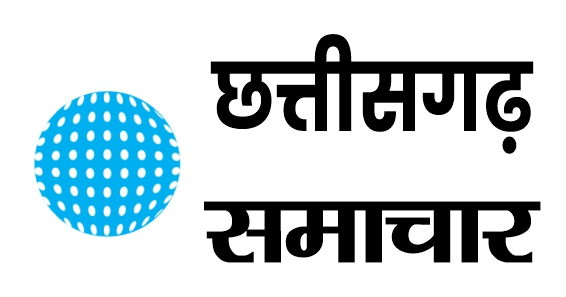In his book, ‘1984’ George Orwell mentions a quote which appears to be relevant event today. ‘Big Brother is watching you’. It is alleged that this spyware owned by NSO Group of Israel is used by multiple government agencies, including India, to target hundreds of phones of politicians, journalists, lawyers, activists, officers, et al., to extract data, to monitor the user’s behavior and actions, illegally. This violates the fundamental rights of the citizens.
In India, the laws governing surveillance are Indian Telegraph Act, 1885, which allows interception of calls and Information Technology Act, 2000, which allows interception of data and electronic communication. It is an established law that surveillance is allowed to intelligence agencies and not to private sector. In 2019, Bombay High Court in Vineet Kumar case reiterated that an interception of data as per Section 5(2) of the Indian Telegraph Act can only be issued in cases of (i) public emergency, and (ii) public safety. Section 43 and 66 of IT Act cover civil and criminal offences of data theft and IT Rules, 2009 allows interception by competent agencies. In United States of America, an electronic surveillance is protected by the Fourth Amendment and thus, requires a warrant for the agency to justify the search. According to a survey, only 5 countries have adequate safeguards towards data privacy.
It is known that The Personal Data Protection Bill is pending in Parliament. If passed, neither the government nor private sector can use or misuse an individual’s data without his consent. Right to privacy is a fundamental right u/a 14, 19 and 21 of the Constitution of India, as stated in Justice KS Puttuswamy v. Union of India. The arbitrary use of surveillance calls for a data privacy law to ensure citizens fundamental right to life and personal liberty. In 2012, Planning Comission and Group of Experts on Privacy Laws headed by Justice AP Shah submitted the irregularities in law related to privacy.
In conclusion, it is stated that government is accountable for protecting fundamental rights of the citizens and hence, surveillance laws need to be amended with special focus on data privacy in India.
“Surveillance is not new but technology has permitted surveillance in unimaginable ways”
- Justice Sanjay Kishan Kaul, in Puttuswamy judgment
Aditya Trivedi
Managing Editor, Samacharline








